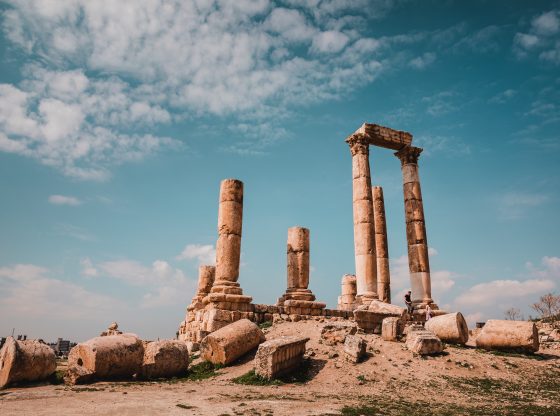

Little did Croesus know that the ‘great empire’ referred to by the Oracle was not that of Persia, but his own. Satisfied with this answer, Croesus prepared to invade Persia. The reply he got was that he would destroy a great empire if he attacked Persia. According to Herodotus, Croesus, the king of the Lydians wanted to know if he should wage war on the fledging Persian Empire.

The prophesying was abolished in the 4th century as it conflicted with Christian beliefs that were at that time being embraced by Rome.Perhaps one of the most famous prophecies uttered by a Pythia, Oracle of Delphi, is that of Croesus’ defeat by the Persian Empire. For fourteen centuries it helped determine the course of empires. The world famous Oracle of Delphi played an influential role in ancient history. The word came back that he wasn't misled, he had been told that there would be the destruction of a great empire and there was - his. He sent word to the Oracle asking why he was misled. He went to war and not only was defeated but was captured.

He was told "If you go to war you will cause the destruction of a great empire". Croesus for example donated a fortune to the oracle to find out if he should invade a neighboring country. The priests' interpretations may have been more coherent than the Pythoness but they generally remained cryptic and ambiguous. Sophocles, Alexander the Great, and Croesus of Lydia all consulted the Oracle at one time or another. Famous world leaders consulted on matters of conquest. Farmers consulted the Oracle on matters as simple as planting and harvest. Later this changed to the goddess Themis and, finally, Apollo was determined to be presiding over Delphi.įor over a millennia people traveled to the hill to consult the Oracle. When the profits of the Oracle began to decline it was declared that Poseidon was speaking through her. The divine nature and associated deity changed a few times over the course of several centuries. Delphi became a center for banking and commerce. The Delphic temple itself became one of the largest "banks" in the world. Presents were brought to both placate the deity and in the hope of influencing a positive prophesy. Priests interpreted the incoherent utterances of the Pythia. Temples were built and rebuilt, priests were trained, rituals evolved and sacrifices were performed. But after one of the virgins escaped with a young Thessalian it was decreed no prophetess (also called the Pythoness or the Pythia) would be appointed under 50 years of age.Ī booming industry grew up around the Oracle. Originally, the perfect candidate was considered to be a young virgin girl. So a tripod was built and an individual was appointed to sit over the chasm and prophesy. But the gas was so disorienting some fell into the cavern and were lost. Other people began inhaling the vapors so that they could prophesy. The effects of the brain altering vapors,were ultimately attributed to a divine source. At least that is how the legend goes on the humble beginnings of the Oracle at Delphi. He looked in and found himself "agitated like one frantic". Around 1400 BCE a goat herder noticed his sheep acted strange after peering into a particular chasm on Mount Parnassus.


 0 kommentar(er)
0 kommentar(er)
